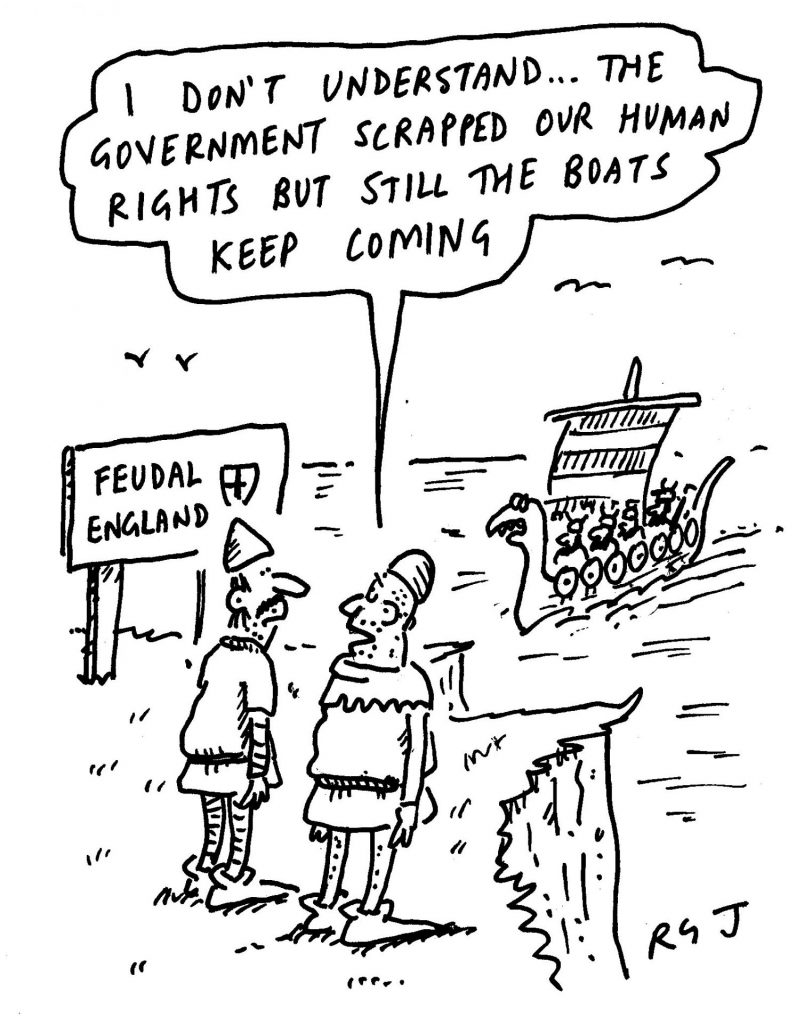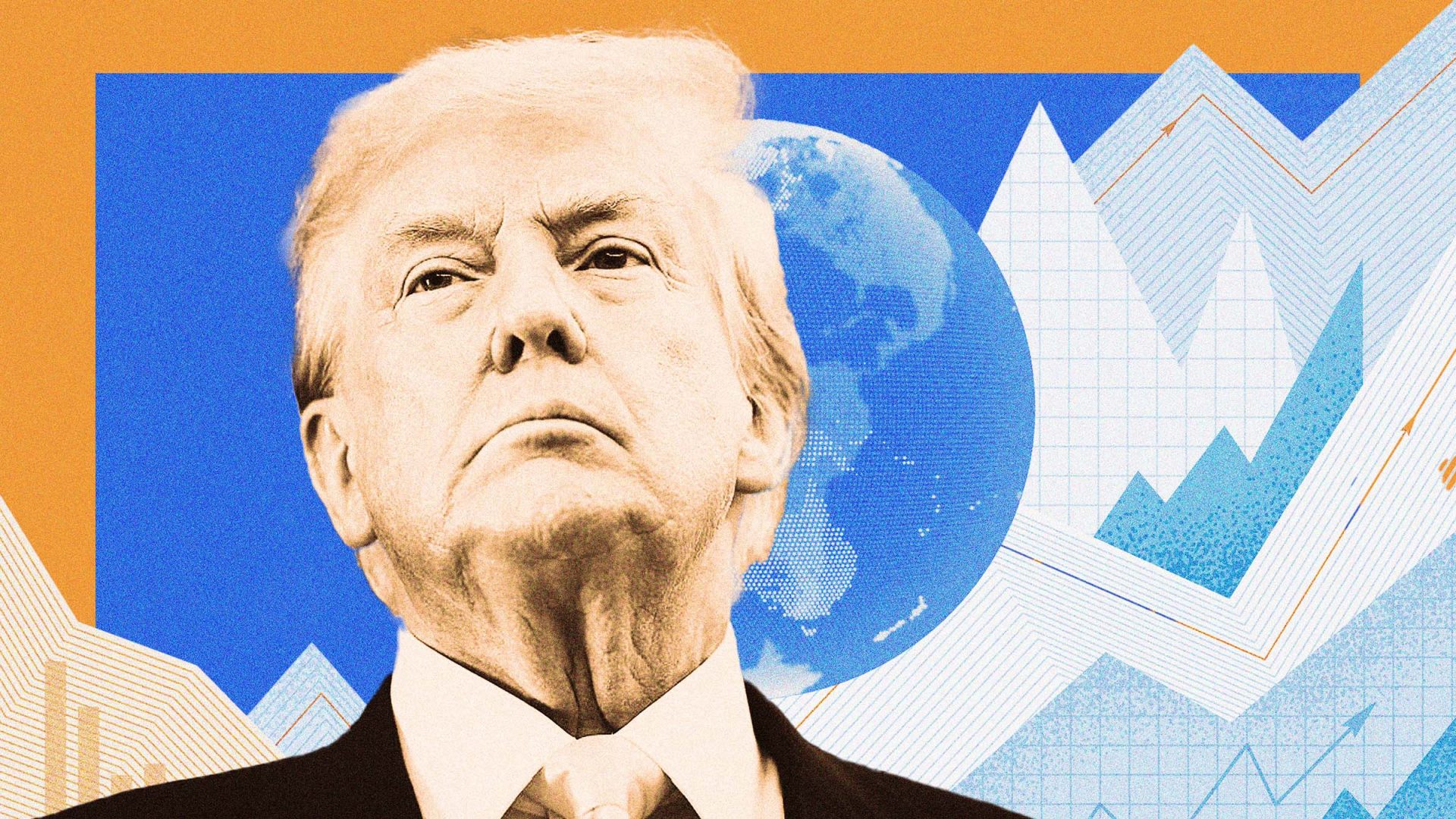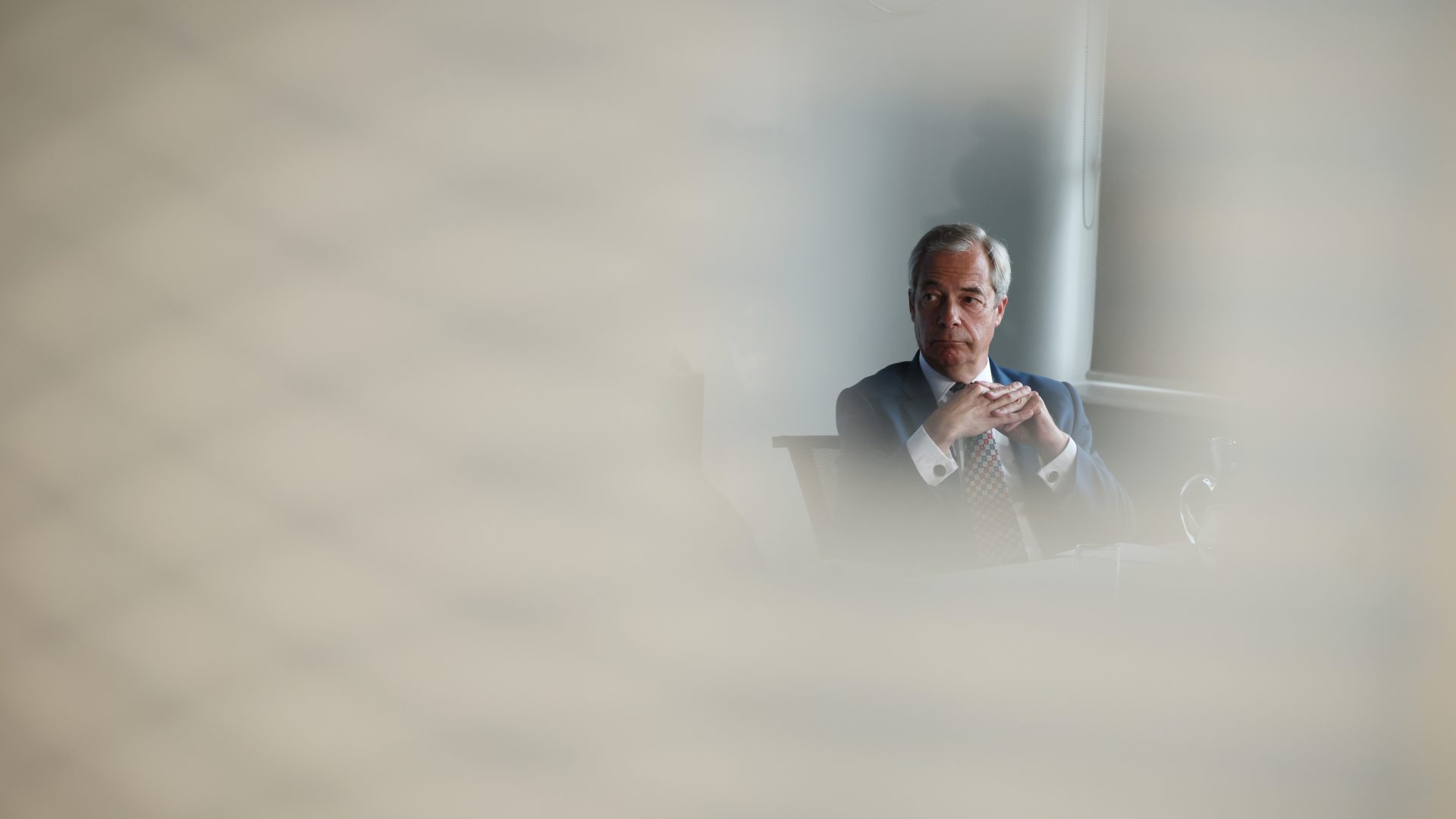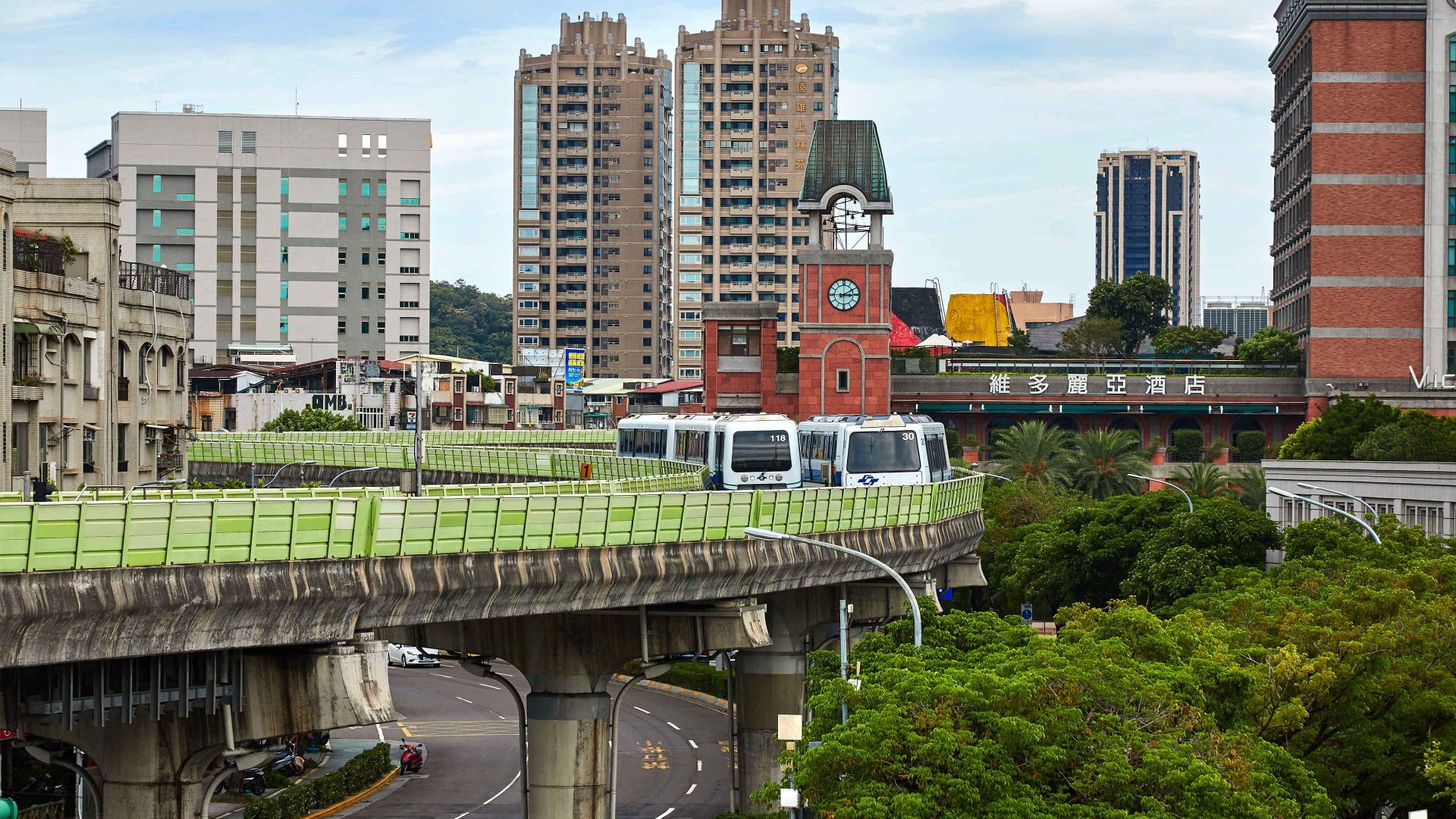Kicking off a speech in Singapore, I asked the 500 people present to raise their right hand if the word “Trump” had crossed their lips in the last 24 hours. Somewhere between two-thirds and three-quarters of the hands in the Fullerton Hotel ballroom went up. A pretty clear majority. It won’t surprise you to know that my hand was among them.
“Now raise your right hand if the name Xi Jinping has crossed your lips in the last 24 hours,” I asked. Just three hands – four if you include mine – went up.
It is hard to recall a time – if indeed there has ever been one – when one person has consumed so much of the energy and the oxygen of public media debate. Given the proliferation of TV channels and the social media revolution, I suspect that right now, the sheer volume of Trump coverage is greater than for any other living human being in history. Doubtless, that makes the Narcissist Personality Disorder within him feel really, really good. But to what effect, I wonder?
The conference was the Asia Power Forum, which brings together the insurance and energy industries of the region, and among the business cards I gathered were some great job titles: “War insurance broker” was my favourite. Political risk is meat and drink to these people.
In addition to my straw poll on the Trump-Xi question, the organisers kitted me out with a fancy polling app, which allowed me to ask questions and within seconds have the findings of this reasonably sized sample.
I asked them which country they viewed as the most powerful in the world, the USA or China? As the audience tapped in their answers, the bar charts bobbed around briefly before settling at “USA 39%, China 61%”. You might think that was skewed to China by the fact we were in Asia, but a good chunk of the audience, around half at a guess, was from the US, the UK, Australia, Europe.
Next up: “Which country do you think will most benefit from Trump’s tariffs policy?” This time the scale of the Chinese win was ever bigger… USA 19%, China 81%. And then, something of a “wow” moment in the room, oohs and aahs and people turning to one another to ask “did we just do that?” The question was this: “Which of the two superpowers do you see as the greater threat to global stability?” And the answer? USA 79%, China 21%.
Let that sink in for a moment. By a factor of four to one, a well-informed, highly educated audience of senior businesspeople viewed Trump’s America as a greater threat to the stability of the world than Xi Jinping’s China. “Trump’s America” is the key. I don’t believe this would have been the reaction under any other US president.
China has plenty of challenges – slowing growth, high corporate and government debt, a struggling real estate market, high youth unemployment, strains caused by energy demand and resource depletion. However, on the soft power front, by comparison with its superpower rival, it is doing a lot better than it deserves to, given its record on human rights, religious freedom, treatment of the Uighurs, restrictions in Tibet, action against Hong Kong’s autonomy, support for Russia and more. Yet, as one of the Australian businessmen had said to me at a dinner the previous evening: “It really is something that the Chinese Communist Party can make a claim to the moral high ground these days.”
This shift has happened without China doing much at all, other than continuing with a long-term strategy, and refusing to be bullied. Hence the infrequency of conversations about Xi.
That Donald Trump wins the battle of the airwaves is beyond doubt, with his live televised three-hour sycophant sessions dressed up as cabinet meetings, his Oval Office reality TV episodes and his Truth (sic) Social posts. Xi does none of that. He doesn’t need to.
Right now, he is letting Trump do the soft power heavy lifting for him.

Part of my brief for the speech was to set out how I thought the world would look 10 years from now. Instead, I asked them to imagine how they would have felt if I had stood up 10 years ago, and fulfilled the same brief, as follows, in 2015:
“My country, the UK, will shortly vote to leave the EU. We will then have six prime ministers in less than a decade, like Italy used to have. The decision will take 5% out of the UK economy, and yet one of the leaders of the campaign to leave, named Nigel Farage, will be favourite to become the seventh post-Brexit PM.
“Donald Trump, who is currently not even in the top five favourites to be Republican nominee, will win the nomination, win the presidency, lose it, provoke an assault on the US capitol and constitution, and despite that be back in the White House four years later, as a convicted felon, pardoning the violent thugs responsible for the riot.
“Israel will reduce Gaza to rubble in response to a terror attack, in an attempt to bury the two-state solution. Russia will invade a sovereign neighbour so that Europe will be at war, energy prices will soar, and along with them populism. War in Ukraine will increase the concerns that China may invade Taiwan.
“Oh, and Trump 2.0 will open the possibility of invading Greenland, part of a fellow Nato country, Denmark, and of making Canada the 51st State.
“Meanwhile, climate change, in 2015 widely accepted as fact, will become just one more toy in the games played by populist politicians, and the very science underpinning it will become rejected by many, along with the science on vaccines, an opponent of which, a Kennedy no less, will become Trump’s health secretary.”
You can see why I was hesitant to predict the next 10 years, given all that has happened in the last 10. If the next decade is as nuts as the last one, we’re screwed.
As the Farage-Jenrick-Yaxley-Lennon squad jerk themselves off on the flag of St George, they’d be hard pressed to out-flag Singapore, which has just celebrated its 60th birthday. The flags are everywhere, though in this case promoting national unity rather than trying to spread division and hate.
It feels a bit weird to be in a country that is eight years younger than I am. Then again, it does give me a decent piece of personal trivia, namely that this is the only country in the world all of whose prime ministers I have met.
Father of the Nation Lee Kuan Yew was PM from 1959 to 1990. Then came Goh Chok Tong – very tall, I remember – who was PM from 1990 to 2004, followed by LKY’s son, Lee Hsien Loong, 2004-2024, and now Lawrence Wong. LKY had left office when I met him in the mid-90s, and I wrote in my diary that he was perhaps the cleverest politician I had ever met. Four PMs in 60 years, and all really, really smart. It helps.
The optimism that the transition to net zero was unstoppable was remarkable. Though there was an acknowledgement that Trump’s “drill baby drill… climate change is a hoax” madness was something of a setback, nobody seemed to think it was insurmountable.
“We have to work round him,” said one business leader; “the smart money is still flowing into renewables,” said a private equity guy; and an American speaker assured us: “Crazy times, but he’ll be gone in 2028 at the latest.” Here’s hoping.




